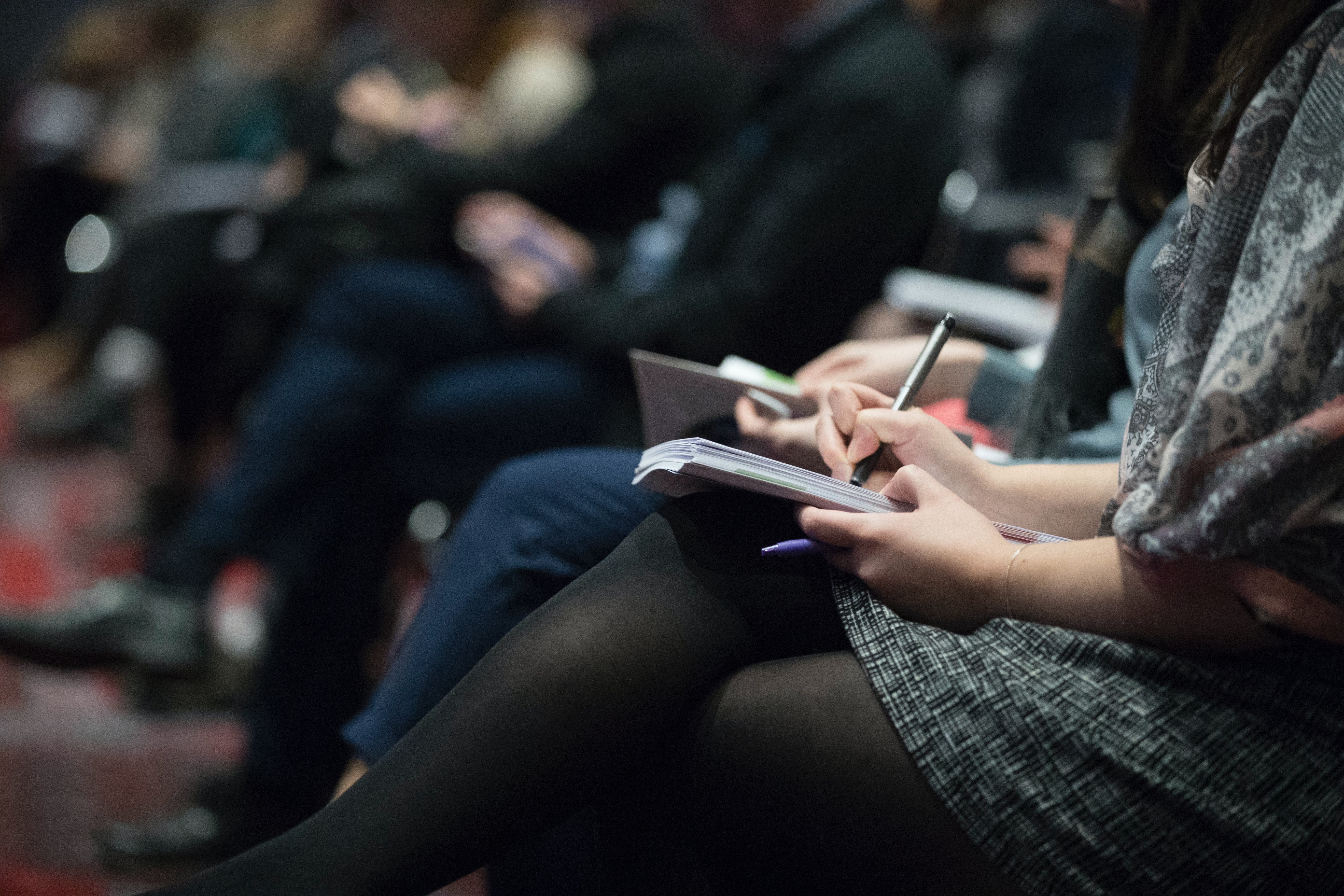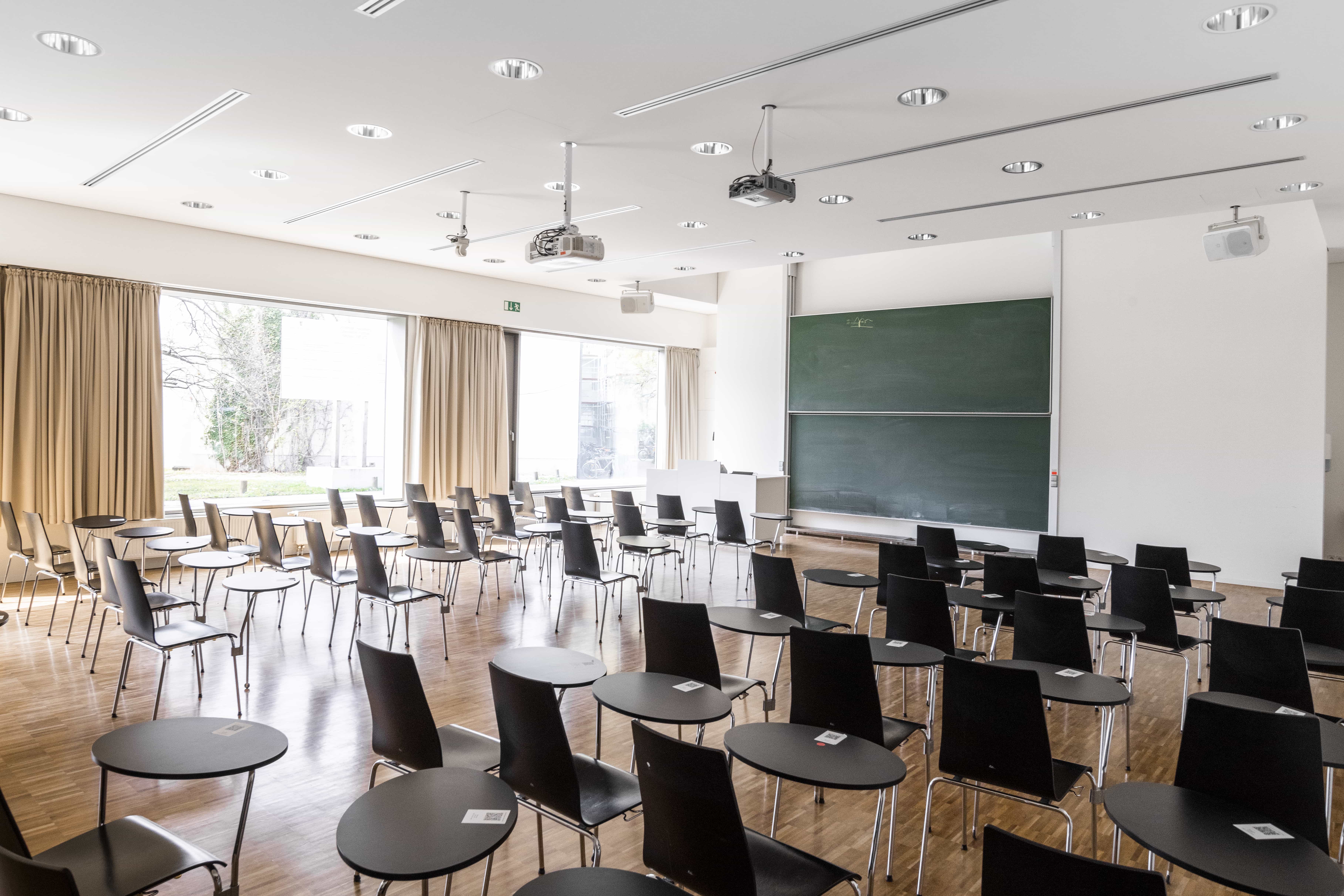Education
Teaching & Education at BioQuant
To be equipped to perform excellent interdisciplinary research, scientists have to be trained in an interdisciplinary fashion. To date most educational institutions have not yet implemented such training into their curriculums. Exactly for this reason, BioQuant has installed and is offering an ever-increasing number of interdisciplinary training opportunities at different levels of education. BioQuant aims to educate scientists to either be able to perform both quantitative wet-lab experimentation and computational modeling / bioinformatics themselves or specialize in either field, while still being capable to understand the other, thereby facilitating productive research in interdisciplinary consortia.
Bachelor Students
We offer training in computational modeling for Bachelor students, as well as coordinate the bioinformatics education during the Bachelor of Biosciences at Heidelberg University. Several of the Professors and PIs working at BioQuant are available as examiners for the Bachelor of Biosciences and Molecular Biotechnology.
For offers related to Student researcher jobs (HiWi) please consult our Job offers page.
Master Students
Within the Molecular Bioscience master’s program of the Heidelberg University’s faculty of Biosciences, BioQuant coordinates and hosts the specialized “Systems Biology” Major. The major program was established in 2008 and annually welcomes up to 12 excellent students with a motivation for interdisciplinary training and research.
The two-year (four-semester) program consists of a combination of quantitative experimental approaches and training in computational modeling and bioinformatics. Over the course of the program, we aim to introduce the students to the facilities and resources of the BioQuant and associated institutions, while simultaneously familiarise the students with interdisciplinary research by e.g., generating quantitative data in wet-lab experiments in one course and using this data to create a computational model in a subsequent dry-lab exercise. Many of the research groups hosted at BioQuant are involved in the program and welcome students for laboratory rotations and master’s theses (List of examiners).
For detailed information about the curriculum and how to apply, please visit the faculty’s website here.
PhD Students
BioQuant is host to a structured PhD program called COLuMBus (Computational Analysis and Mathematical Modeling of Biological Systems) which is certified by the Faculty of Biosciences and allows PhD students access to additional training during their years of doing research for their dissertation.
Seminars
Two seminars are organized regularly in BioQuant, one with speakers from BioQuant groups and one with external speakers hosted by one of BioQuant’s group leaders. The Internal
Seminar is organized by enthusiastic PhD Students or Post-Docs who each month invite researchers from alternating BioQuant groups to present their work and exchange ideas with their peers. The Institute Seminar which takes place roughly once a month hosts external, international speakers presenting their cutting-edge research on quantitative biology.
Competitions
Students at BioQuant have been participating very successfully in a variety of international scientific competitions over the years, particularly DREAM and iGEM. iGEM is the world's largest competition for synthetic biology. Students from all over the world try to solve real-world problems in society and push the boundaries of our understanding of synthetic biology, with various projects ranging from environmental protection to disease therapies. The iGEM team Heidelberg was able to win the prestigious Grand Prize in both 2013 and 2014 with research conducted at BioQuant teaching laboratory. In many other years, Heidelberg teams were able to achieve high rankings and either won gold medals or were nominated for the main prize in several categories. Very recently, the iGEM Team Heidelberg 2022 succeeded in winning another gold medal with their project “Hersiran: siRNA-Tech for Neuroinfections”.
Facilities
BioQuant offers seminar rooms of various sizes, a computer pool with space for up to 40 students, and a teaching laboratory set up for experimental courses. To book any of BioQuant’s facilities, please send your request to raumbuchung@bioquant.uni-heidelberg.de.
The computer pool is equipped with 40 PCs that are administered centrally from a server, a set-up which allows to quickly install individual OS and software prior to specific courses.
BioQuant’s teaching laboratory is used both in the education of Bachelor and Master students as well as a place to host student teams that participate (often very successfully) in international scientific competitions.


